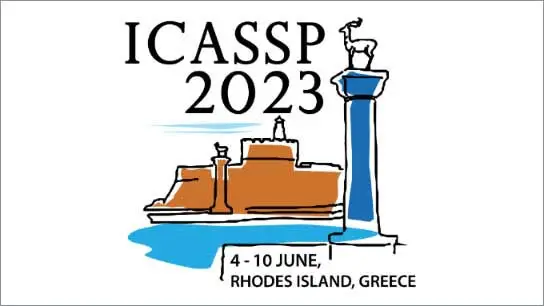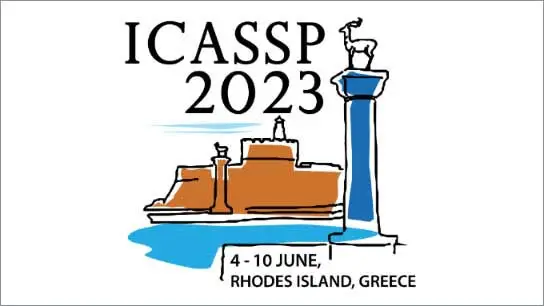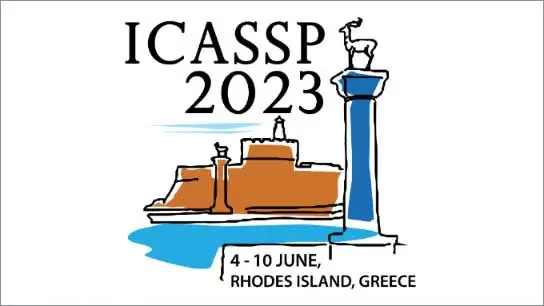AURA: PRIVACY-PRESERVING AUGMENTATION TO IMPROVE TEST SET DIVERSITY IN SPEECH ENHANCEMENT
xavier gitiaux (Microsoft); Aditya Khant (Microsoft); Ross Cutler ( Microsoft Corporation); Chandan Reddy (Google); Ebrahim Beyrami (Microsoft); Jayant Gupchup (Microsoft)
-
Members: FreeSPS
IEEE Members: $11.00
Non-members: $15.00
06 Jun 2023
Speech enhancement models running in production environments are commonly trained on publicly available datasets. However, this approach leads to regressions due to the lack of training/testing on representative customer data. Moreover, due to privacy reasons, developers cannot listen to customer content. This `ears-off' situation motivates Aura, an end-to-end solution to make existing speech enhancement train and test sets more challenging and diverse while being sample efficient. Aura is `ears-off' because it relies on a feature extractor and metrics of speech quality, DNSMOS P.835, and AECMOS, that are pre-trained on data obtained from public sources. We apply Aura to evaluate two speech enhancement tasks: noise suppression (NS) and audio echo cancellation (AEC). For the NS task, we augment the INTERSPEECH 2021 DNS challenge test set by sampling audio files from a new batch of noisy speech. For the AEC task, we sample the INTERSPEECH 2021 AEC Challenge dataset. Aura samples an NS test set 0.42 harder in terms of P.835 OVRL than random sampling; and, an AEC test set 1.93 harder in AECMOS. Moreover, Aura increases diversity by 30% for NS tasks and by 530% for AEC tasks compared to greedy sampling. Moreover, Aura achieves a 26% improvement in Spearman's rank correlation coefficient (SRCC) compared to random sampling when used to stack rank NS models.



